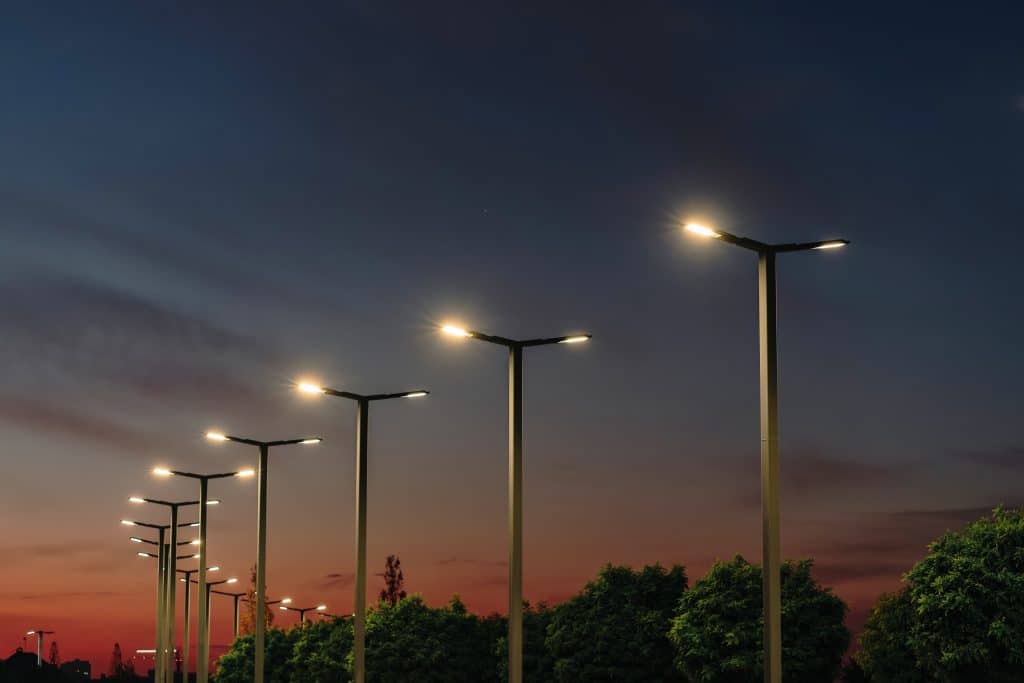When people think of electric mobility, they picture Teslas, European subsidies, or China’s battery dominance. But there is another, equally urgent frontier: Africa.
The continent has the world’s youngest population, the fastest urbanization rate, and some of the most polluted cities. Millions of motorcycles, tricycles, minibuses, and trucks crisscross our roads every day, powering livelihoods but also locking us into fossil fuel dependence.
Electrifying Africa’s roads over the next decade is not just about climate. It is an economic and social necessity. And it will require affordability, infrastructure, policy, local innovation, and collaboration on a scale we’ve never seen before.
- Affordability First
In Africa, adoption happens when mobility makes financial sense.
Take Ibrahim, a delivery rider in Ibadan. Up to 40% of his income went on petrol and repairs for a used bike. Switching to an electric motorcycle cut his running costs, freeing income for his children’s education.
Models like pay-as-you-own financing and battery leasing are essential to lower entry barriers. Without affordability, EVs remain a privilege of the few.
- Infrastructure Must Be Local
Africa cannot copy Western charging networks. Our grids are weak, and long charging times don’t fit short, frequent trips.
The answer lies in battery swapping and solar-powered hubs. In Nigeria and Rwanda, riders swap batteries in under two minutes. In Uganda, solar hubs already power fleets of boda bodas.
Scalable EV infrastructure here must be decentralized, renewable, and designed for two-wheelers and minibuses first, not luxury cars.
- Policy Must Incentivize, Not Just Talk
Progress exists: Rwanda offers EV tax breaks, Kenya exempts electric motorcycles from duties. But elsewhere, policy is fragmented.
The next 10 years demand bolder steps: tax incentives, safety standards, public-private partnerships, and EVs integrated into national energy plans. Governments that act now will reap jobs, cleaner air, and energy independence.
- Build Locally, Build Resilience
Importing EVs at scale is unsustainable. Logistics costs and forex risks make Africa dependent on fragile supply chains.
Already, assembly is happening in Nigeria, Rwanda, and Kenya. Localizing even part of the value chain, assembly, batteries, or spare parts, creates jobs for welders, engineers, and technicians while keeping value on the continent.
- Finance Will Unlock or Block Progress
Banks still see EV riders as too risky. But new models prove otherwise.
In Kaduna, a farmer now pays for his EV through daily produce delivery earnings, with no collateral. With digital repayment and performance data, default rates are low.
Scaling will require blended finance – private capital, impact funds, and development finance working together.
- Safety and Training Must Stay Central
EVs can’t solve Africa’s road safety crisis alone. Helmets, reflective gear, and defensive driving remain vital.
In Ghana, a training program for electric tro-tro drivers covers not just operations but also digital literacy and customer service. The result: safer roads, higher trust, and stronger livelihoods.
Empowerment means technology plus safety plus dignity.
- Africa Can Leapfrog
This is not about catching up. With little legacy infrastructure, Africa can move faster:
● Battery swapping instead of plug-in charging.
● Solar hubs where fuel imports are crippling.
● Millions of green jobs in assembly and maintenance for a young workforce.
Just as mobile money transformed finance, Africa can pioneer EV models the world will later adopt.
- Collaboration or Nothing
No single player can electrify Africa’s roads. Startups must innovate, governments must enable, investors must be patient, and communities must adapt. When these align, transformation becomes unstoppable.
The Next Decade: A Call to Action
The next 10 years will decide whether Africa doubles down on fossil fuels or leads with sustainable mobility.
Globally, EV adoption is surging, by 2035, over 60% of new vehicles in Europe and China will be electric, while Africa is still below 1%. The gap is stark, but it is also an opportunity.
At MAX, we’ve shown what’s possible: pioneering pay-as-you-own financing, deploying Africa’s largest fleet of electric motorcycles, and building solar-powered battery swapping stations. Electrification isn’t a dream. It’s happening.
The test now is scale. Our mission is clear: to electrify Africa’s roads, empower millions of riders, and ensure mobility is not just cleaner — but also affordable, inclusive, and dignified.
Because every electric ride is more than a trip. It’s a job created, a life dignified, an opportunity unlocked, and a future secured.
The world is watching. Africa doesn’t need to follow. With MAX leading the way, Africa can show the world what the future of mobility truly looks like.
Chinedu Azodoh is the Co-founder and President of MAX, a leading mobility and clean energy company.

